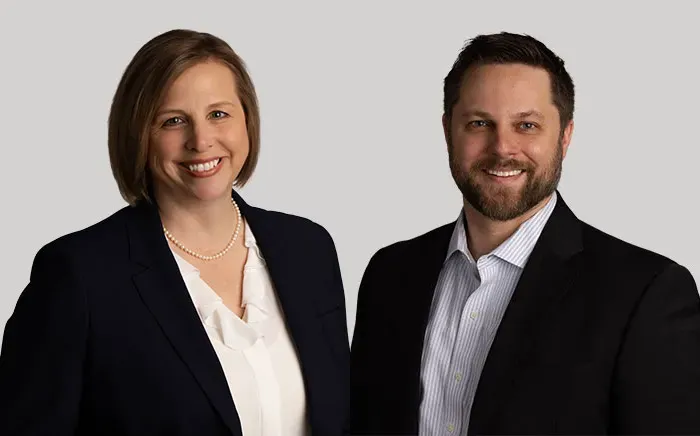Letter to the Editor: BOE Discussion of Public Comment Policy Showed General Lack of Concern for Transparency
To the Editor:
An Open Letter to The Region 18 Board of Education
I watched the live stream of the November 1st Board of Education meeting and was troubled by the discourse and discussion around public comment policies. It showed a general lack of concern for transparency and public awareness of what business the Board of Education would discuss at meetings, and a disrespect for members of the BOE, who were not provided this discussion item on the agenda ahead of the meeting.
First, I appreciate the commitment to continuous improvement and desire to look at policies to ensure they are appropriate, however when the chair silences the voices of board members and listens to respond — rather than listens to understand — parts of the conversation get lost.
Additionally, Steve, you admitted at the meeting that you hadn’t read the policy and didn’t have it in front of you, if you are going to take on leadership positions, you owe it to the public to do your homework and arrive at meetings prepared and give your fellow board members and the public the same opportunity by putting items on the agenda. Further, you interrupted other members of the board and then rudely accused them of talking over you — this is not respect that any elected official deserves from the chair of the board they volunteer to serve.
Board of Education meetings are meetings held in public, they are not public meetings. Items being discussed by the board must appear on the agenda, so the public has due notice of what is being discussed. While it sounds good to have discussion with someone making public comment, it excludes the rest of the public from the discussion because unless they attend every meeting, which you pointed out is a major burden for busy parents, they are not provided due notice (by way of the agenda) of what is being discussed at the meeting.
It is wonderful that the public is welcome to comment. I recently asked that public comment be added to Board of Finance agendas, however it is generally understood among the public that the boards will listen to comments but not discuss them, a reminder of this widely accepted practice may go a long way towards mitigating the discomfort you discussed.
This discussion on policy is a perfect example. I’m very interested in this and might have liked to be at the meeting or make public comment, however the topic did not appear on the agenda, so I had no reasonable way to know that this would be a point the BOE was discussing. I appreciate your attempt to respect busy constituents’ schedules, but it would be more transparent to ensure that all constituents know what is being discussed at BOE meetings by adding discussion stemming from public comment to the next meeting’s agenda.
In summary, before you start throwing out or ignoring existing policies, you need to have a thoughtful discussion and comprehensive understanding of why those policies may exist in the first place, and you need to explore all possible downstream impacts before you decide to toss long-standing policies.
Sincerely,
Kim Thompson,
Old Lyme.



